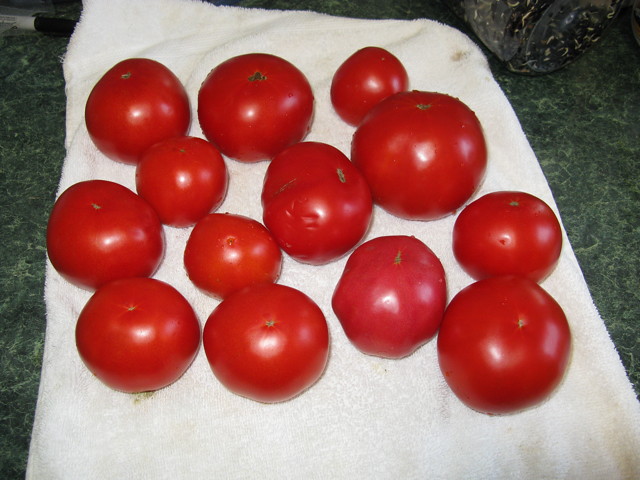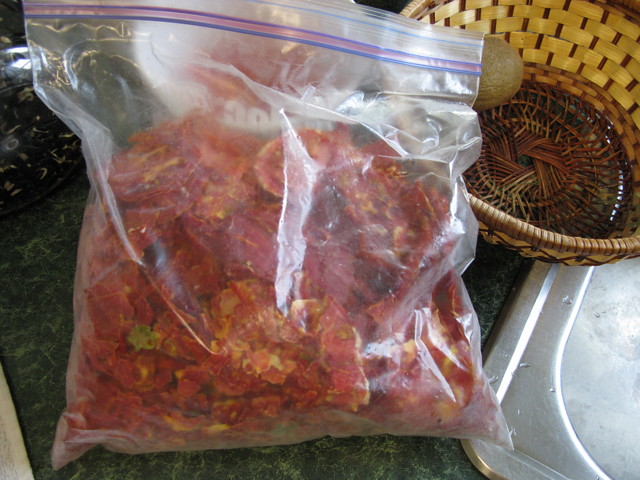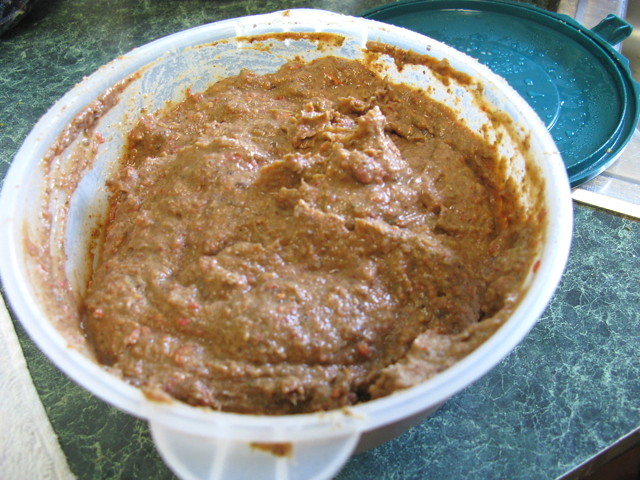When Monsanto's RoundUp herbicide was introduced in 1976 it was supposed to be the farmer's salvation. Now, three decades later, the truth is that there are many new strains of RoundUp-resistant weeds that are forcing conventional farmers to return to much stronger (and deadlier for the environment and human health) herbicides—even chopping weeds with a hoe, heaven forbid!—they gave up when RoundUp was introduced: 10 new weed species across 22 states. Read the Associated Press article here.
There are so many things in life that when introduced, seem like good ideas, but which time proves otherwise. Think about doctors promoting cigarette smoking in the 1950's, or feeding cows cheap corn instead of grass (which makes them sick, resulting in the need for powerful antibiotics which humans consume), or cell phones which may prove to be harmful to the health of a generation of young people who use them for the next 20-30 years.
I'm not against progress. But I am more and more for this biblical principle:
"'Everything is permissible'—but not everything is beneficial. 'Everything is permissible'—but not everything is constructive. Nobody should seek his own good, but the good of others." (1 Corinthians 10:24)
The entire, post-biblical West lives by the idea that if something is possible, we should do it, especially when there are no moral issues involved. Even when moral bumps in the road slow some movements (same-sex unions/families, human cloning, etc.), if history is an indicator it just means that possibility will take longer to realize, not that moral red flags will be heeded.
Modern man seems to be fulfilling the warning of Proverbs 29:18: "Where there is no revelation, the people cast off restraint." When there is no ancient path by which to establish the boundaries of modern paths, anything is possible. But not everything, we slowly discover, is profitable.







